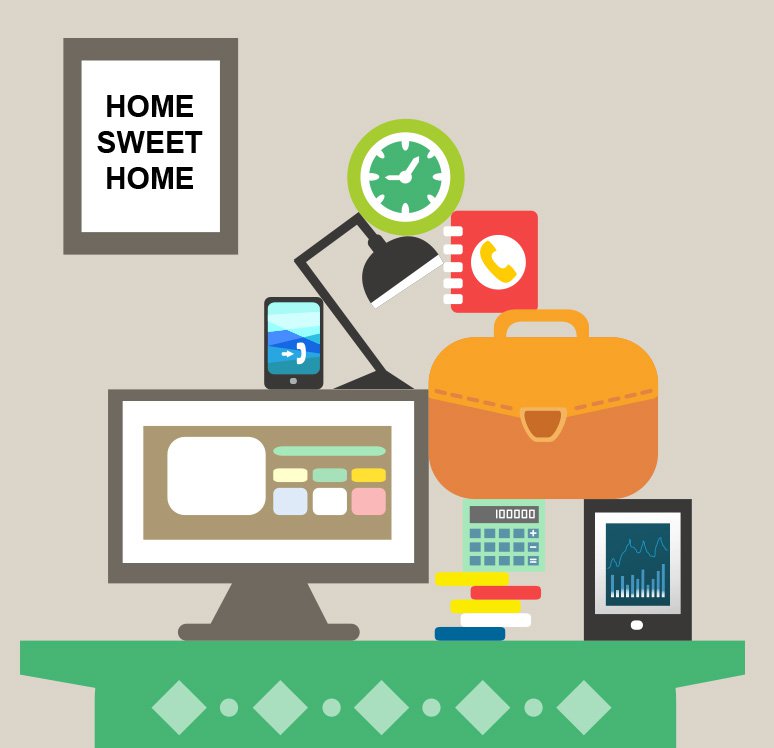According to a study conducted by the Freelancers Union, more than 57 million Americans freelanced last year. Of those who made money working from home, more than 60% did so by choice.
Whether you’re fed up with working out of a stuffy office full-time or have a small business idea for something that you’re passionate about, now is an excellent time to set up your home-based business.
Creating a successful home business takes hard work. It’s not something that you should jump into blindly.
Fortunately, with a bit of foresight, you can thrive when working out of your own home. Below, you’ll find a checklist that you can use to set up your own business from home.










